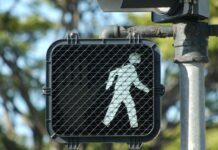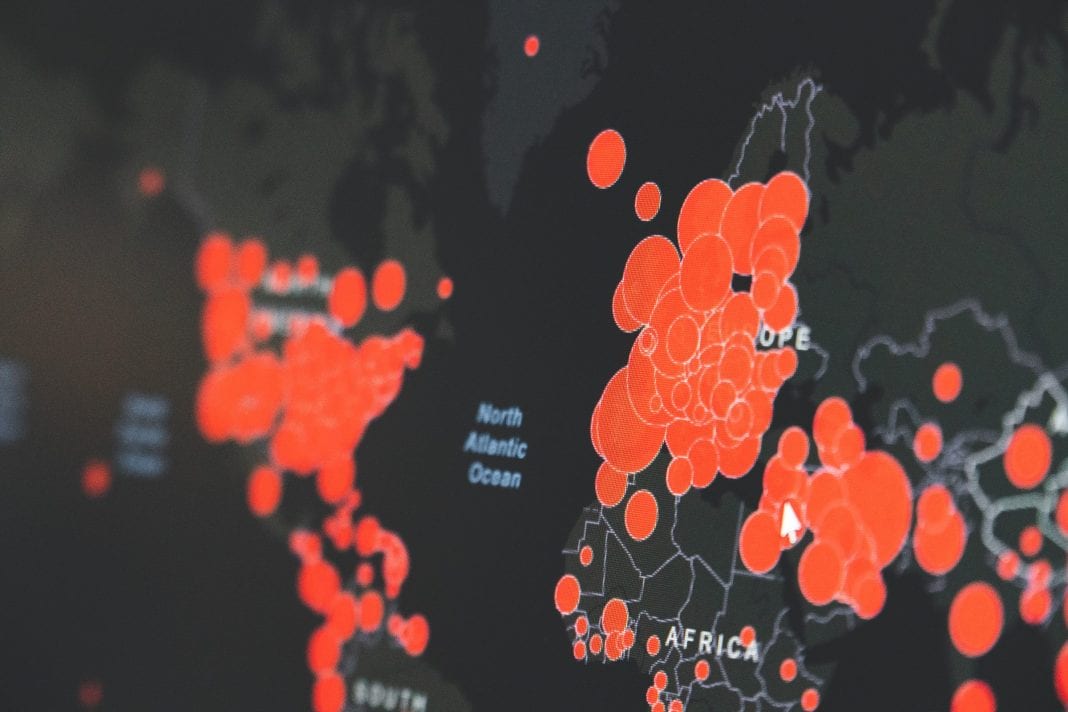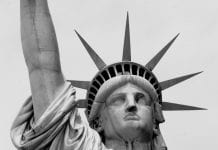The World Health Organization (WHO) has declared the outbreak of the novel coronavirus (COVID-19) as a pandemic. Similar to other recent health emergencies, the governments in various jurisdictions have executed a range of immigration-related measures that would help contain the spread of COVID-19. These temporary measures include:
- Jurisdictions have implemented restrictions on individuals seeking to enter the country or travel to another, especially those who have been in a country or region that has been impacted by COVID-19. Some countries have gone as far as temporarily prohibiting the entry of all nonresidents and noncitizens.
- Multiple jurisdictions are mandating individuals who have visited an affected region to be quarantined upon entry. Even when a quarantine is not in order, a widespread of jurisdictions have introduced supplementary procedures to screen travelers at the ports of entry. When traveling, individuals should expect to undergo possible health screenings. Individuals who are exhibiting any sign of sickness should expect a possible quarantine, even when a quarantine is not being mandated.
- There are many countries who have fully closed visa application centers and consular posts for non-emergency services. It is important to check government websites for official information on these types of office closures.
- Notices against nonessential international travel have been issued by a widespread number of health officials across the globe. Travel to jurisdictions where the COVID-19 outbreak is the most severe is highly restricted. Individuals who seek to travel are advised to check official government websites for specific information on all travel restrictions.
Suspensions and Restrictions When Traveling to the United States
The White House has published the following COVID-19-relates proclamations relating to U.S. travel.
- Proclamation 9984 – As of Jan. 31: Proclamation of a Suspension of U.S. Arrival as Immigrants of Individuals Who Pose a Potential Threat of Transmitting the 2019 Coronavirus. Proclamation 9984 cites the Immigration and Nationality Act 21299(f) that allows a suspended entrance into the United States of all immigrants and non-citizens that were present in the P.R of China, with exclusions to the Special Autonomous Areas of Macau and Hong Kong, during the fourteen day time period preceding a physical entrance or an attempted entrance into the U.S. The COVID-19 traveling ban is being upheld as of 5:00 p.m. EST on Feb. 02, 2020.
- Presidential Proclamation – As of Feb. 29: Proclamation on a Suspension of U.S. Arrival as Immigrants of Additional Individuals Who Pose a Potential Threat of Transmitting the Novel Coronavirus. The Presidential Proclamation cites the Immigration Nationality Act 212(f), which will suspend entrance into the United States of all immigrants and non-citizens that were present in the Islamic Republic of Iran within the fourteen day time period preceding their entering or their attempted entrance into the U.S. This COVID-19 travel ban has been set in effect as of 5:00 p.m. EST on March 2nd, 2020. It should be noted that the proclamation will not be applicable to those aboard an airplane that was scheduled for a landing in the U.S. that departed prior to the effective time and date.
Speak to an Experienced Immigration Law Attorney
At the King Immigration Law Group, it is of utmost importance to bring reliable legal counsel to those who are in need of legal immigration resources. The novel coronavirus brings about a confusing and stressful time for many people across the world. If you are unsure of your immigration status amid the COVID-19 outbreak, contact the support of an attorney you can trust. Contact the support of Attorney Oliver King today.



































